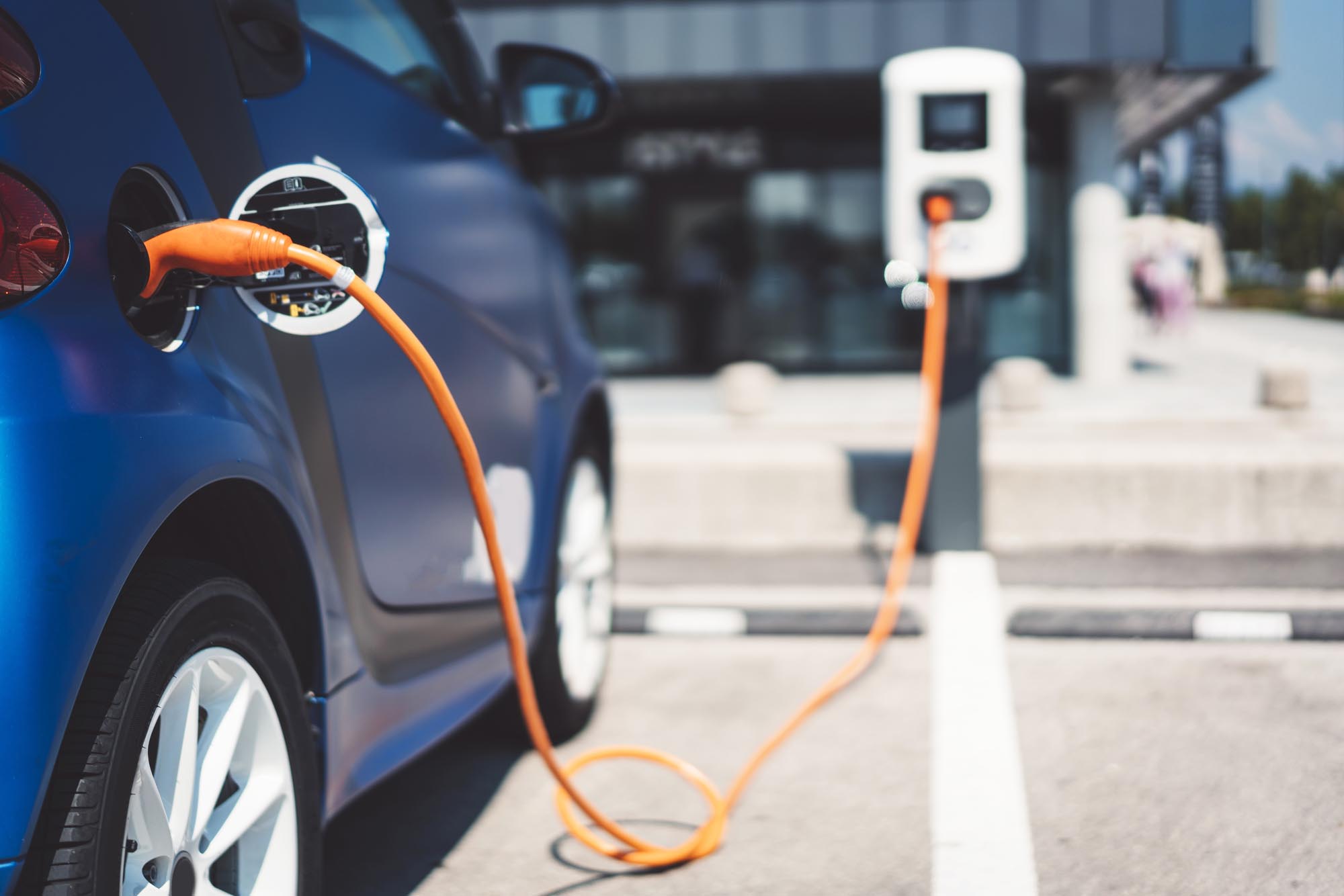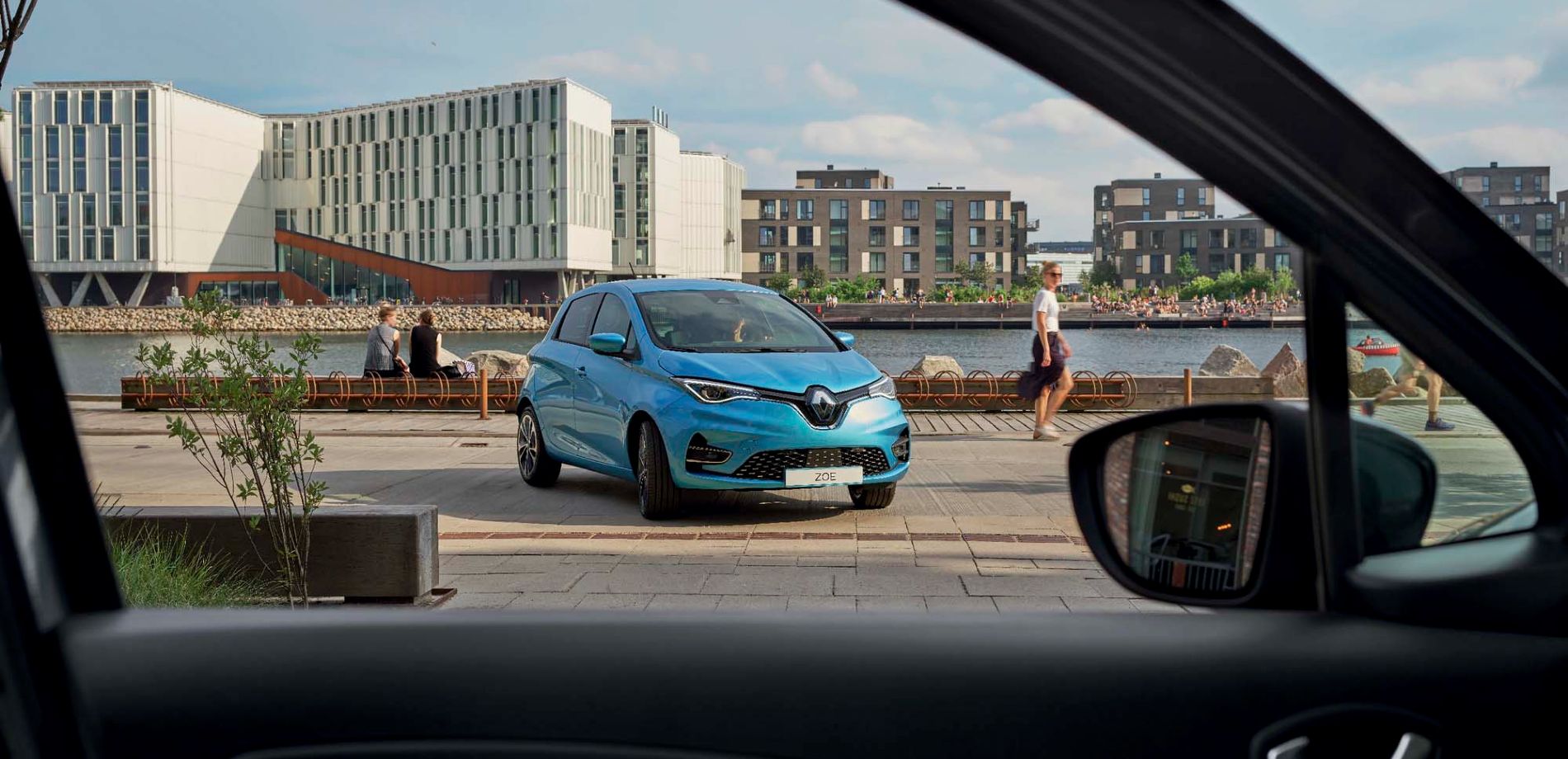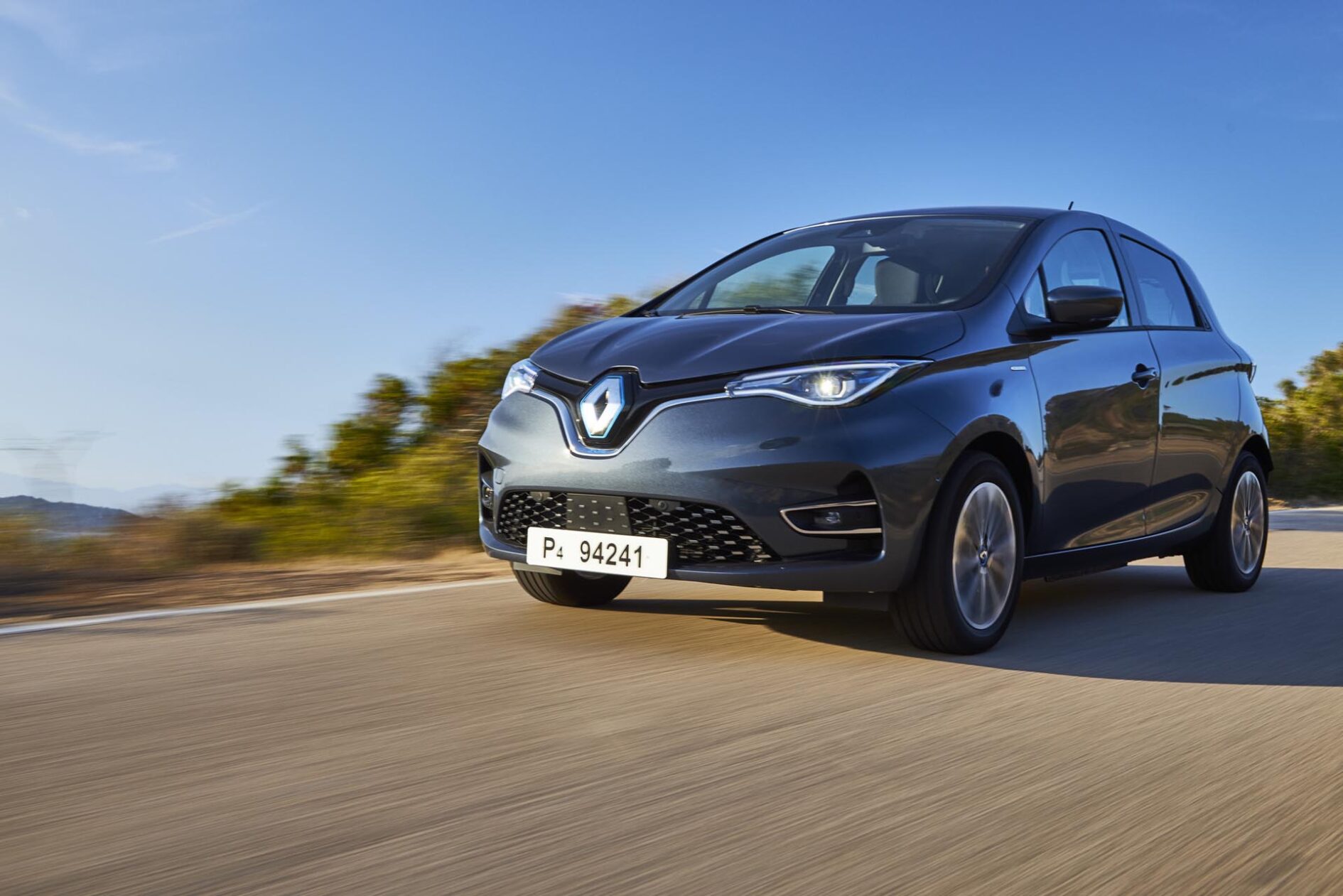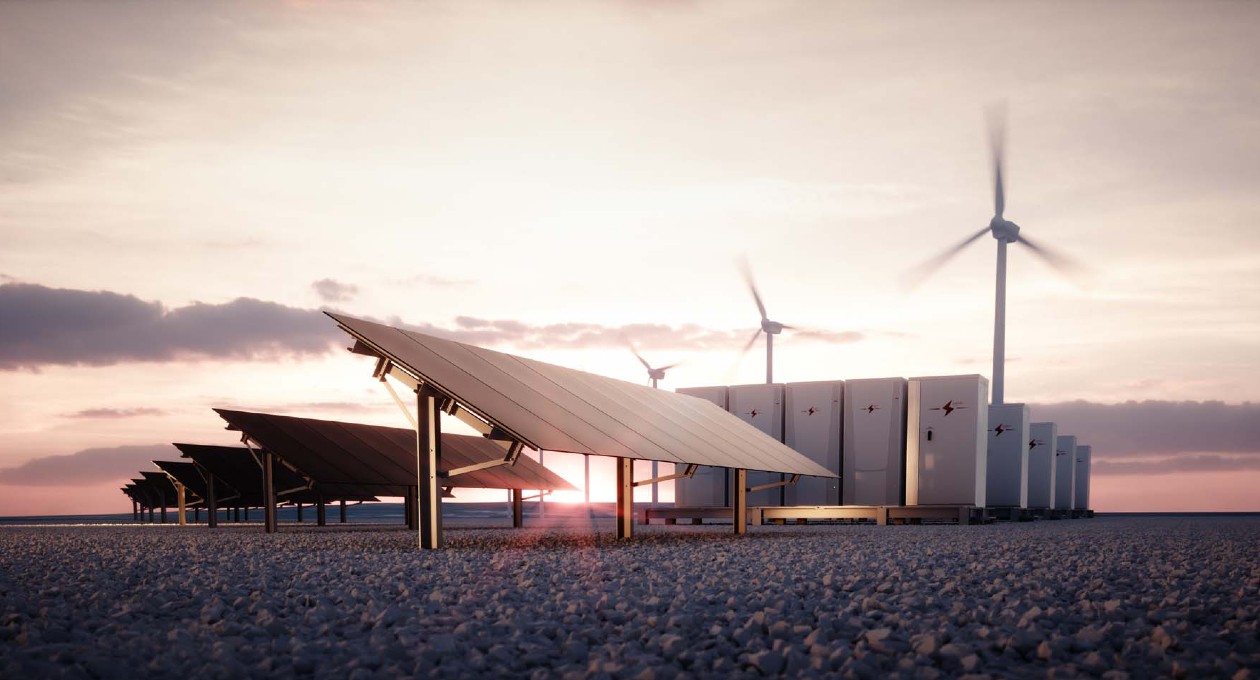


Where to recharge an electric vehicle
Roughly 90% of recharges take place at home – it’s often the most practical and economic solution. With permission from the employer, it is also possible to recharge an electric car at the workplace. Or, for longer trips, there are a large number of public charging stations: 200,000 throughout Europe, of which 10 to 15% offer a fast charge (power superior to 22 kilowatts.)
What are the different types of plug?
There are three main types of charging connectors. The most common is the domestic plug. The advantage is that they can be found everywhere! The disadvantage is that they only have a weak output (2.3 kilowatts), which means a long charging time. The second major type of connector is the Type 2 plug, available with the Wallbox and public charging stations. It delivers a globally higher charge of up to 50 kilowatts. Lastly, there are connectors for fast charging: the Combined Charging System (CCS) and Chademo. These connectors deliver very high wattage (up to 350 kilowatts) for “express” charges, in particular on the highway.
How much time does it take to recharge?
Charging times depend on the type of terminal, as well as the vehicle’s battery, the performance of its onboard charger, as well as exterior conditions (notably temperature). Take, for example, the time required to recuperate 200 kilometers of range on a Renault ZOE: it takes 9 hours on a domestic plug, but a 7 kilowatt Wallbox charges 300 kilometers in 8 hours. Incidentally, thanks to its high-performance Caméléon charger, ZOE is the only model on the market that can make use of the maximum power on 22 kilowatt public charging stations (which make up three-quarters of available terminals in France.) 30 minutes are therefore enough to recharge 80 kilometers. Lastly, the 50 kilowatt fast charge terminals allow ZOE to recuperate 150 kilometers of range in just half an hour!
How much does it cost to recharge an electric car?
Charging at home is the least expensive way. Again, to recuperate 100 kilometers on a Renault ZOE, the cost comes in at 3.71 euro on average in Europe – in other words less than 4 centimes per kilometer. Unbeatable! On public terminals, tariffs vary. The 22 kilowatt stations are often free to use for a certain duration, after which there is a fee, or their rate applies from the first minute spent charging (count on average 6 euro to recuperate 100 kilometers of range on ZOE.) Finally, the fast charge terminals on direct current are the most expensive because their high power rates require specific infrastructure. For example, to recuperate 100 kilometers of range on our ZOE costs 10.15 euro on the Fastned network. But these charging stations are intended for occasional use. Globally, an electric car will always cost less than a combustion-powered vehicle, which comes in at 10 euro for 100 kilometers on average (for a gasoline model consuming 7 l/100 km.)
How to find charging terminals
You can search for the closest public charging terminals on the My Renault mobile application, or directly on the EASY LINK multimedia system onboard your Renault. There also exist third-party mobile applications, such as Chargemap, which index charging stations throughout Europe.
Copyrights : Ziga Plahutar, Webedia




